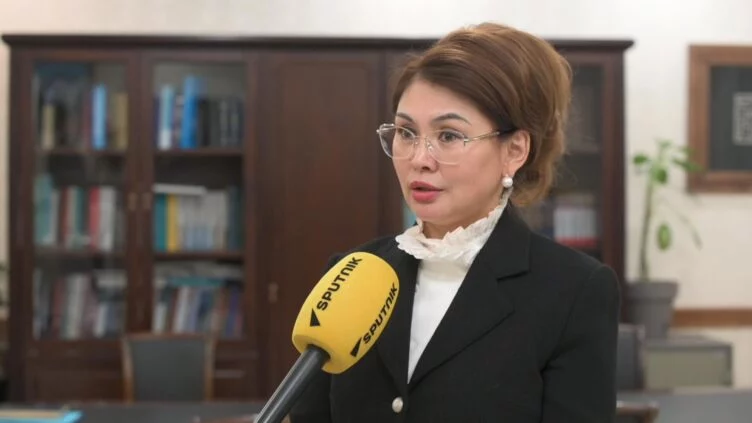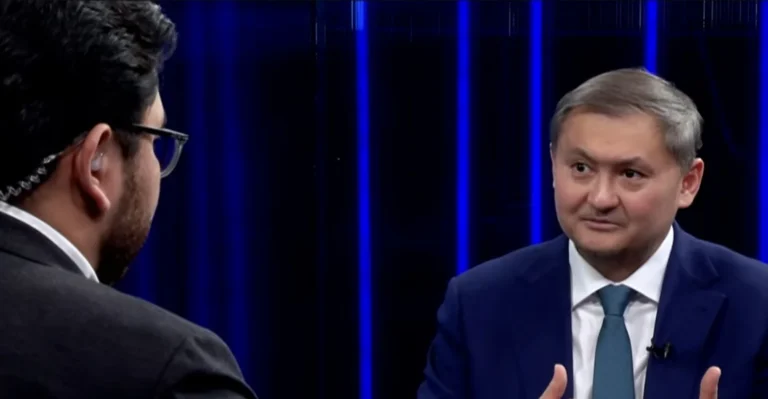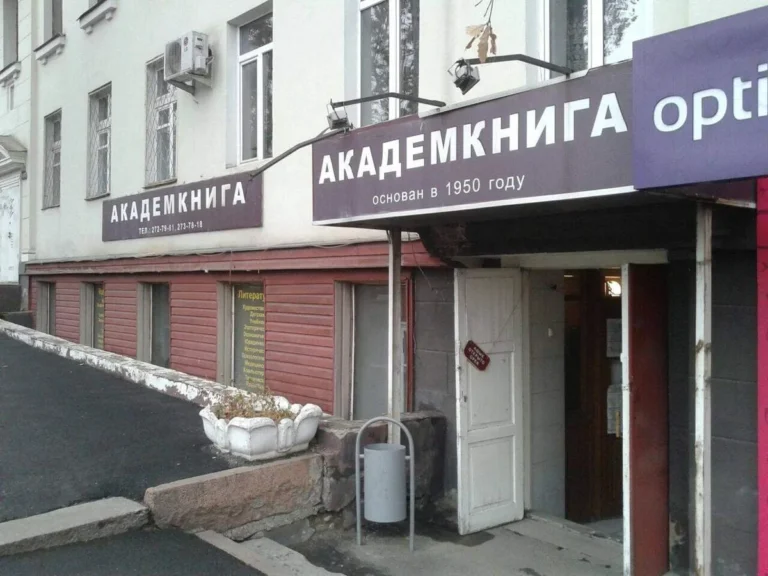Minister says new media law will reflect changed reality

Information Minister Aida Balayeva on Friday dismissed concerns that the draft new media law might allow the government to tighten control over journalists.
She also said the new requirement for broadcasters to increase the amount of content in the Kazakh language reflected the changed balance between Kazakh and Russian languages in the country.
Balayeva said that the draft law, under consideration by parliament since June, was needed to replace “the outdated” media law that has been in force since 1999.
“The information space has fully changed over the past more than 20 years. Dozens of amendments have been made to the old law, but we need a new one,” Balayeva told journalists on 6 October.

She said the new law would shorten the time that government bodies could take to respond to media queries; set the statute of limitations for taking legal action over media publications; introduce an annual official report on journalists’ rights; and simplify the process of journalistic accreditation.
Journalists earlier expressed concerns that the introduction of press cards, under the new law, could allow the authorities to control who can and who cannot legally carry out journalistic activity in the country.
Balayeva said the press card would make it easier for journalists to get information from official bodies.
The new law would also increase the required amount of Kazakh-language content for TV and radio broadcasters from the current 50 to 70 percent, Minister Balayeva said.
She said the current 50-percent requirement reflected the language situation in 1999.
“Things have since changed in the country towards expansion of domestic content in the state language. The content produced in the state language amounts to over 80 percent of all media content currently. Besides, more than 80 percent of the population in Kazakhstan speak the state language,” Balayeva said.
She added that the transition to the new language requirement for broadcasters would be gradual, increasing from 2025 by 5 percent annually.





Все комментарии проходят предварительную модерацию редакцией и появляются не сразу.